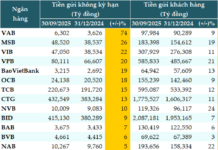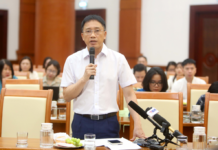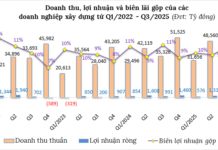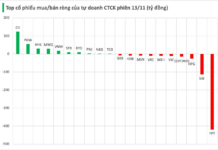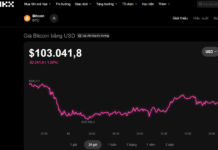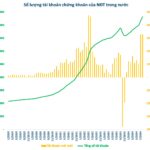On November 29th, the National Assembly continued its 8th session, with 445 out of 450 delegates voting to pass the Law amending and supplementing a number of articles of the Laws on Securities, Accounting, Independent Audit, State Budget, Management and Use of Public Assets, Tax Administration, Personal Income Tax, National Reserves, and Handling of Administrative Violations.
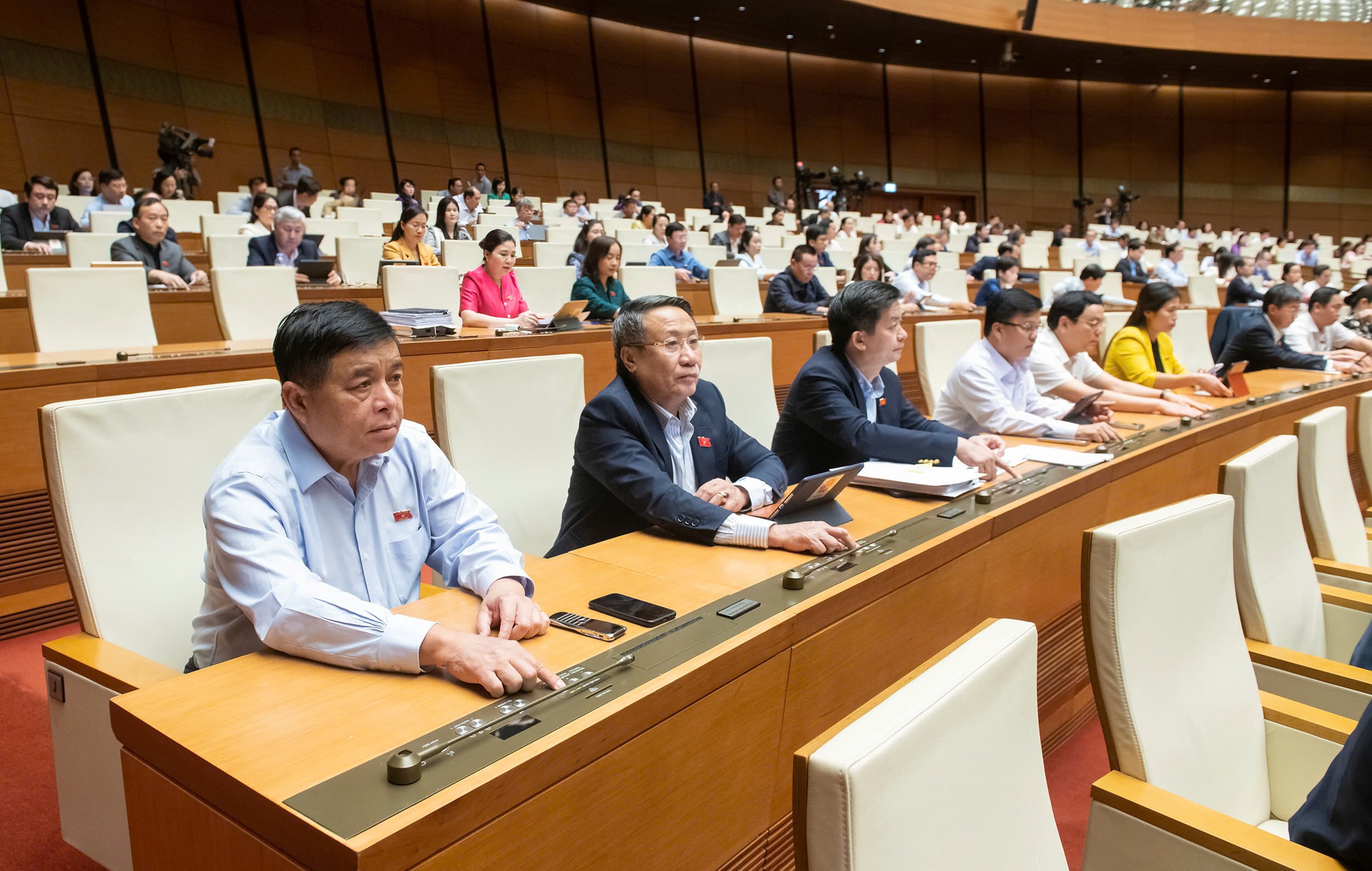
National Assembly delegates voting to pass the Law on November 29th. Photo: Ho Long
The law, which was just passed by the National Assembly, provides detailed provisions on market manipulation in the securities market. Market manipulation is defined as engaging in one or more of the following behaviors: using one or multiple trading accounts, either personally or in collusion with others, to continuously buy and sell securities to create artificial supply and demand; placing buy and sell orders for the same type of securities within the same trading day or colluding to trade securities without actually transferring ownership or only transferring ownership within the group to manipulate security prices and create artificial supply and demand.
Additionally, it includes continuously buying or selling securities with dominant volume at the market opening or closing to manipulate security prices; and trading securities by colluding and enticing others to continuously place buy and sell orders, significantly impacting supply and demand and manipulating security prices.
Manipulating securities is also defined as expressing opinions directly or indirectly through mass media about a particular security or the issuing organization to influence its price after having traded and held a position in that security. It also involves using other methods or engaging in other behaviors, or a combination of spreading false rumors and providing misleading information to the public to create artificial supply and demand and manipulate security prices.
The law also officially allows professional individual investors to purchase, trade, and transfer private corporate bonds under certain conditions. The government’s initial draft only permitted institutional investors to buy and sell private corporate bonds. Individual professional investors were only allowed to trade private corporate bonds issued by credit institutions.
According to the newly passed law, administrative fines in this field have been significantly increased. The maximum fine is now 2 billion VND for organizations and 1 billion VND for individuals. The law also extends the maximum time limit for handling violations to 5 years, up from the current 1 year.
Regarding the opinion of the National Assembly’s Standing Committee on these fines, Mr. Le Quang Manh, Chairman of the National Assembly’s Finance and Budget Committee, stated that the fine levels are maximum amounts and will only be applied to serious violations of auditing standards that do not warrant criminal prosecution.
This law will come into effect on January 1, 2025.
“Penalty for Tri Viet Securities: Late Disclosure of Information”
The Securities and Exchange Commission Inspectorate has issued an administrative sanction decision against Tri Viet Securities for violations of information disclosure regulations.







